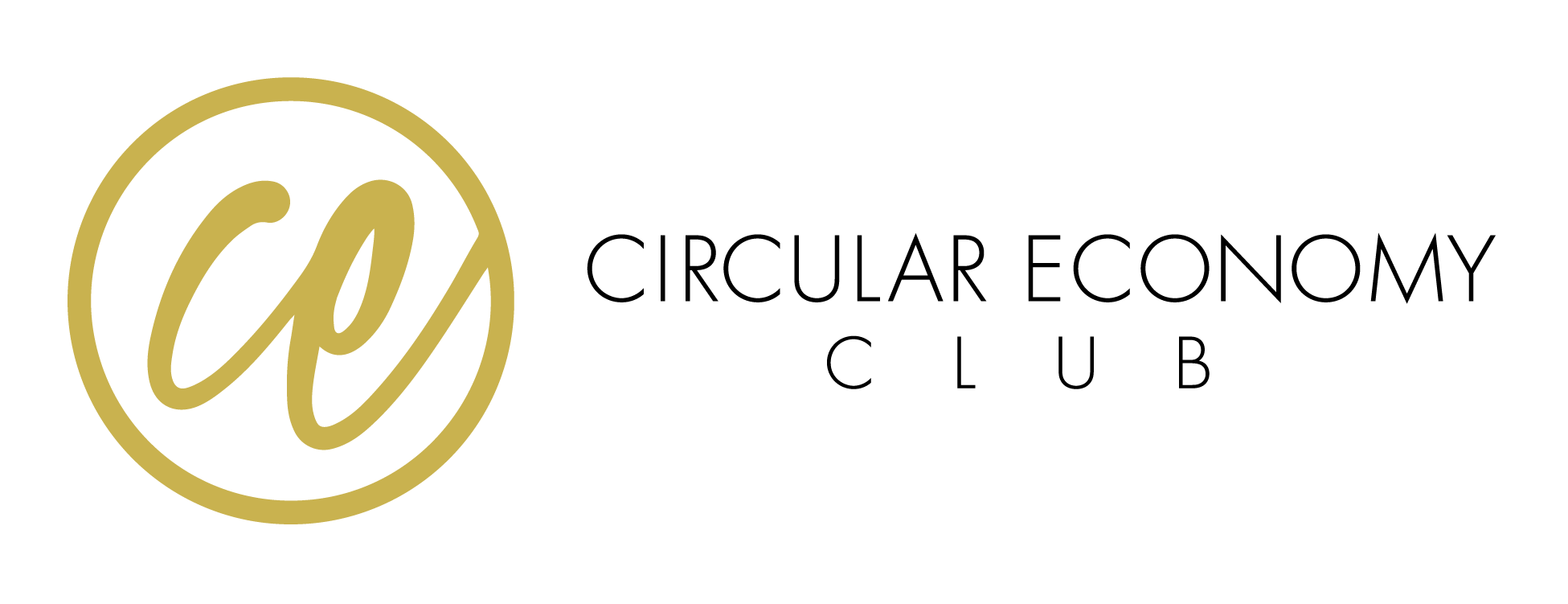-
The continuing and rapid growth of the cities and their regions of influence has led to the need to find new solutions which allows for promoting their sustainable development.
The circular economy, as the solution, is a recent concept based on the reuse of what up to now has been considered wastes, reintroducing them into the productive cycle. The objective of the circular economy is to reduce consumption and achieve savings in terms of raw materials, water and energy, thus contributing to the preservation of resources in order to reach sustainable development. The circular economy has its roots in environmental economics. Its objective is minimising resources in the production of goods and services. The idea is to implement the life cycle of products, services, waste, materials and energy. The concept needs to be embedded not only in the original design but also in all process phases and during production, which ought to be as efficient as possible.
Closely associated with the concept of the sustainable city and the circular economy is the need to develop networks, not only within the City itself but also across other city regions to ensure governance based on cooperation. There is no possibility for the success of a long-term economic policy without addressing the problems of natural resources and environmental pollution, which will affect the reuse of materials and products.
-
-
1st International Conference on Urban Growth and the Circular Economy
Alicante, Alicante, Spain
Date: May 8, 2018 - May 10, 2018

